Science Fair
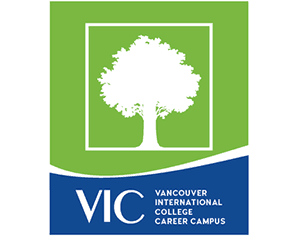
VIC-CC Blog
Science—it’s how we know that the world isn’t flat, cavemen didn’t walk the earth with dinosaurs, and 5G cell towers don’t cause coronavirus. So it’s useful stuff. And at VIC- CC, science is also a way for students in our TESOL for Teens and Adults program to build their confidence as teachers and gain valuable experience presenting in front of real ESL students.
Meet the Next Generation
In North American schools, science fairs are pretty common. A science fair is a contest where students demonstrate some scientific principle or apply their knowledge of science to an invention. Students start with a hypothesis and then test it to find out if it’s true. So students don’t just display their projects at a science fair, but actually present the results of their findings with demonstrations, models or display boards. Science fairs are done with students from elementary school all the way through secondary.
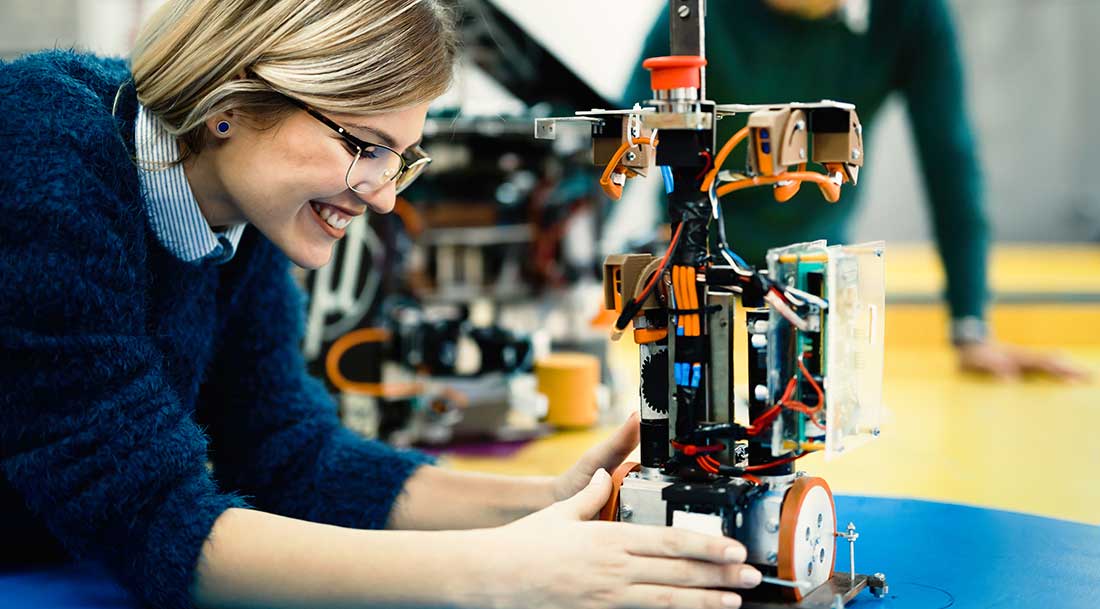
SSLC’s Sister School:
VIC-CC Vancouver International College Career College
At VIC-CC, the students from our TESOL for Teens & Adults program put on a science fair as their final project. It’s not a contest, though—it’s a way for them to use and develop the teaching skills they’ve learned over the course of their program in a fun and interactive setting. We invite ESL students from Sprott Shaw Language College to attend the fair, watch the demonstrations and ask questions.


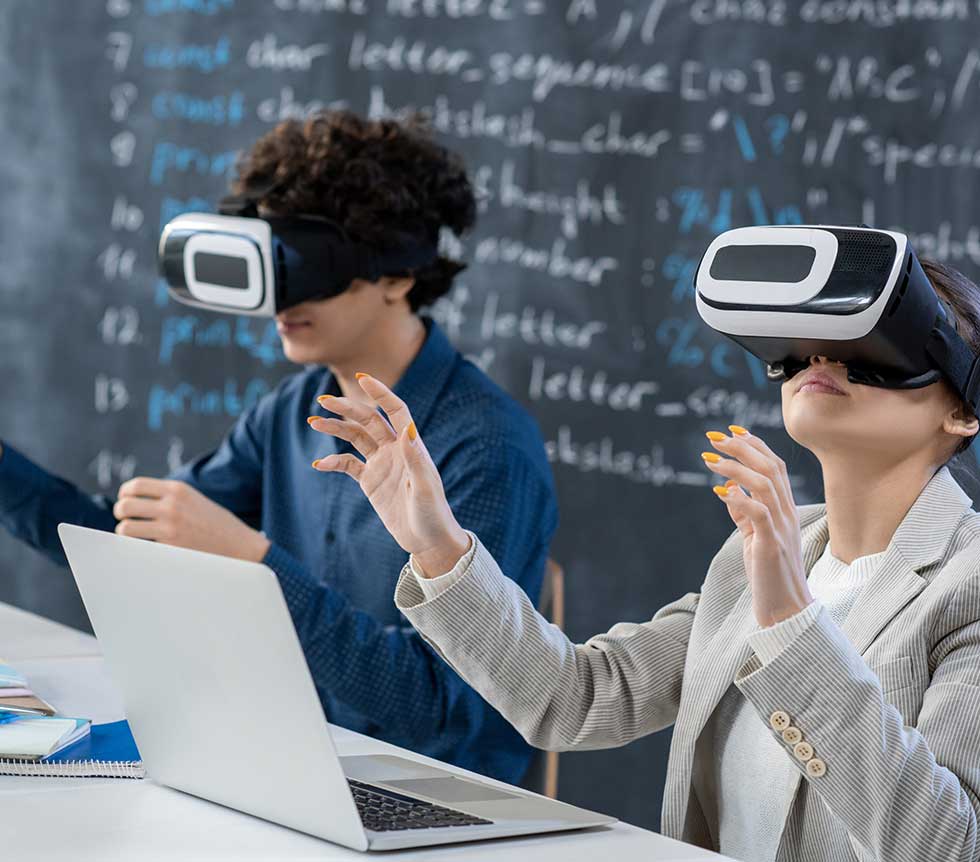
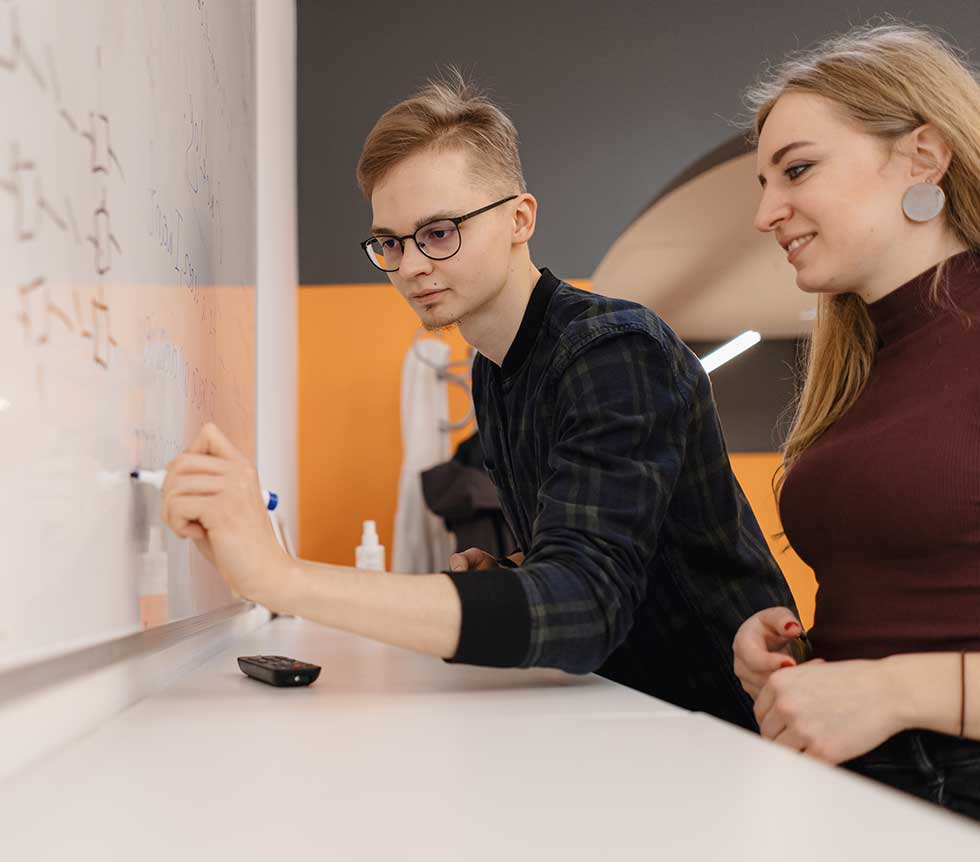
Let’s Have a Moment of Science.
Each presentation takes about 10-15 minutes and our TESOL students present their experiments in front of an audience. This is done in order to capture the audience’s attention and increase their engagement with the experiments. It also helps students at lower English levels to grasp the concepts through explanations, demonstrations, and the use of realia (items from real life used in the ESL classroom).
A lot of TESOL students find the idea of presenting a scientific hypothesis in front of an audience daunting at first (they are studying to become English teachers, not science teachers, after all!), but in the end many find it to be the most rewarding and enjoyable part of the course, as well as a great way to get real teaching experience and apply the knowledge gained from their program.
